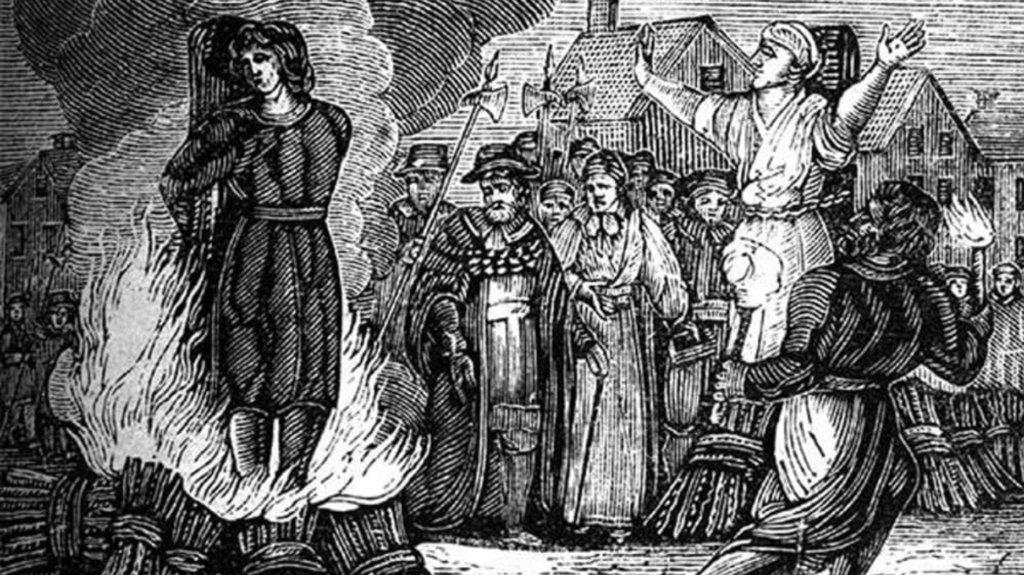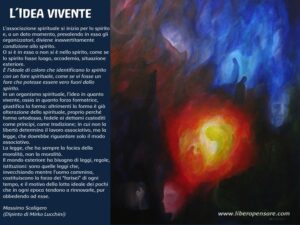di Piero Cammerinesi
Da giovane, la vicenda evangelica della condanna di Gesù Cristo da parte del Sinedrio e del popolo, mi sembrava qualcosa di irreale. Mi chiedevo come fosse stato possibile condannare a morte – anche se allora (e oggi…?) era normale – un Essere che predicava solo amore, che non incitava all’eversione politica, che faceva miracoli, fatti testimoniati da tante persone semplici e non prevenute.
Il Grande Inquisitore di Dostoevskij, contenuto ne I fratelli Karamazov, mi appariva come un’iperbole, una fantasia altamente improbabile. Un Cristo che ritorna sulla Terra e, invece di essere acclamato e venerato, viene condannato al rogo dall’Inquisitore. Colui che si pretende di amare più di ogni altra cosa si trasforma in un pericolo che merita di essere distrutto.
Poi, con il trascorrere degli anni, non ho più considerato fantasiosa ed improbabile né la vicenda evangelica, né la narrazione del grande russo.
Ho visto risorgere il Sinedrio e l’Inquisizione in ambiti che mai avrei creduto possibile.
Prima nei confronti dell’opera di Massimo Scaligero e, in questi ultimi anni, con la vicenda di Judith von Halle, ho visto il seme dell’avversione e dell’intolleranza sbocciare ed allignare rigoglioso tra le fila degli antroposofi. Anzi – in una sorta di legge del contrappasso – più è elevato il tema più è profondo il rancore che la diversità genera.
Ed oggi non v’è giorno in cui non si alzi tra noi un giudice, un custode, un inquisitore, a discettare, indagare, condannare le parole e i pensieri di altri. La vera interpretazione, l’unica possibile, è sempre la loro, mai quella dell’altro.
Ebbene, oggi queste persone – che tanto amano dedicarsi alle eresie degli altri e non alle proprie – non hanno, fortunatamente, il potere di danneggiare fisicamente chi la pensa in modo diverso (almeno in quest’ambito), tuttavia essi impersonano lo stesso impulso che, fino a pochi secoli fa, ha mandato al rogo migliaia di creature innocenti.
Anche loro sono tornati.
Dobbiamo allora rispondere loro nello stesso modo in cui il Cristo ritornato reagisce alla condanna del vecchio Inquisitore nella bella pagina di Dostoevskij: un bacio silenzioso.
* * *
“…domani stesso Tu vedrai questo docile gregge gettarsi al primo mio cenno ad attizzare i carboni ardenti del rogo sul quale Ti brucerò per essere venuto a disturbarci. Perché se qualcuno piú di tutti ha meritato il nostro rogo, sei Tu. Domani Ti arderò”.
F. M. Dostoevskij, I fratelli Karamazov
___________________________________________________________________________________
Other Inquisitions
by Piero Cammerinesi
As a young man, the story told in the Gospels of the condemnation of Jesus Christ by the Sanhedrin and the people seemed to me something unreal. I wondered how it was possible to condemn to death-even though then (what about today…?) it was normal-a Being who preached only love, who did not incite political subversion, who performed miracles, facts witnessed by so many simple and unprejudiced people.
Dostoevsky‘s Grand Inquisitor, contained in The Brothers Karamazov, appeared to me as hyperbole, a highly improbable fantasy. A Christ who returns to Earth and, instead of being acclaimed and worshipped, is condemned to the stake by the Inquisitor. He whom we claim to love more than anything else is transformed into a danger that deserves to be annihilated.
Then, as the years passed, I no longer considered either the Gospel story or the story of the great Russian to be fanciful and improbable.
I have seen the Sanhedrin and the Inquisition resurrected in areas I never thought possible.
First vis-à-vis the work of Massimo Scaligero and, in recent years, with the story of Judith von Halle, I have seen the seed of aversion and intolerance blossom and allign luxuriantly within the ranks of anthroposophists. Indeed – in a kind of law of counterpoise – the higher the theme, the deeper the resentment that diversity generates.
And today there is no day when a judge, a janitor, an inquisitor, does not rise up among us to discuss, investigate, condemn the words and thoughts of others. The true interpretation, the only possible one, is always theirs, never the other’s.
Well, today these people-who so love to devote themselves to the heresies of others and not their own-do not, fortunately, have the power to physically harm those who think differently (at least in this sphere), yet they impersonate the same impulse that, until a few centuries ago, sent thousands of innocent creatures to the stake.
They, too, are back.
We must then respond to them in the same way that the returned Christ reacts to the condemnation of the old Inquisitor in Dostoevsky‘s beautiful page: a silent kiss.
* * *
“…Tomorrow, I repeat, you will see this obedient flock, which at my first gesture will rush to heap hot coals around your stake, at which I shall burn you for having come to interfere with us. For if anyone has ever deserved our stake, it is you. Tomorrow I shall burn you.
F. M. Dostoevsky, The Brothers Karamazov




